“If a lot of cures are suggested for a disease,it means that the disease is incurable.” Anton Chekhov, “The Cherry Orchard”
By Robin Crow
According to my dictionary, a troika is a Russian vehicle drawn by three horses harnessed side-by-side. The composer Prokofiev composed a much-loved melody of that name as part of his musical score for the 1934 film, Lieutenant Kijé. Shortly after the film’s release, Prokofiev turned it into an orchestral suite at the invitation of the Moscow Radio Symphony Orchestra. It has remained one of his most loved and performed works ever since, especially in the run-up to Christmas.
Today, the word troika has a different meaning. It is not just a pretty assemblage of musical notes; the notes it assembles today are banknotes, not musical notes, and they are numbered in their billions. The counterpoint to the main theme is the desperate attempt by anti-fraud officials around the world to close down what has become known as the “Troika Laundromat”, merrily washing almost $500-billion (€448-billion) for some of the world’s most venal, vicious criminals and corrupt politicians. Indeed, its activities are so massive that they disrupt the economies of many countries around the world. It forms a large part of the hidden treasure kept for the luxurious lifestyles of those who misappropriated it and carefully keep it out of sight. It funds terrorism, people trafficking, the illegal arms trade and the sort of regime under which no-one sane would choose to live (unless they were members of the criminal elite).
All of us, I imagine, have lost the odd coin down the back of the sofa, or dropped one we meant to put into a parking meter, only to see it roll under a bus, or even left a banknote in a shirt pocket that emerged from the washing cycle severely devalued through being shrunk, faded or otherwise damaged. But the global economy loses rather more: according to the United Nations Office on Drugs and Crime, the actual figure is somewhere between €715-billion and €1.87-trillion every year, the equivalent of between 2 and 5% of global GDP in 2009. Nobody knows the exact figure because, by its nature, it’s a clandestine business, carried out in secret, but the figure is almost certainly more today.
The washing machine analogy is not so far out, either: we’re talking money laundering here. It happens all over the world but Russia is especially firmly rooted at its core. Sergei Magnitsky was a Russian tax lawyer and auditor who called out his country over the vast sums of dirty money some of its banks were helping to clean up and hide. He named several high-ranking officials whom he accused of stealing vast tax payments from a number of companies, one of them Hermitage Capital, but he was arrested on almost certainly trumped up charges of tax fraud and he died in prison in 2009, allegedly after being held in terrible conditions and routinely tortured. It takes a lot of courage to stand up to authority, especially when the authority concerned has access to virtually limitless supplies of unaccountable cash and a number of ruthless and brutal enforcers. It helps to have no conscience, too. It is inevitable that anti-money laundering (AML) measures are difficult to enforce.
OPERATING THE LAUNDROMAT
Criminal acts are designed, of course, to generate profits for those involved. The problem then arises of how to turn the resulting cash into money that cannot be traced back to the crooks. The activities of organised crime, such as embezzlement, insider dealing, drug trafficking, prostitution, child pornography, people smuggling and computer fraud all produce large profits which then need to be turned into untraceable financial assets that won’t attract the attention of the police, specialist fraud investigators or the tax authorities. The trick is to introduce the illegal profits into the financial system in some way, generally by breaking it up into smaller sums that attract less attention, either by depositing the sums in accounts or by buying negotiable financial instruments, which can then be taken and banked elsewhere. Next comes a process known as layering, in which the funds are then moved as far as possible from their source. This can be done through the purchase and sale of investment instruments like bonds or through wiring the money to a series of other banks, all instructed to wire it on to others. Sometimes false invoices are generated to account for the money. Having successfully got that far, the money launderer moves on to integration, reintroducing the money back into the mainstream economy, often using it to buy land, properties, works of fine art, expensive luxuries like yachts, antiques or whole businesses. In theory, the existing laws should alert those in the banking system that something odd is going on. In practice, bank officials sometimes fail to notice. Some can be and have been bribed, while other officials simply choose to turn a blind eye to the practice for the sake of an easy life, or in the hope of some generous non-cash reward at a later date. For banks that choose to look the other way, money laundering is very profitable business.
In the case of the Russian money laundering machine, the Troika Laundromat has been used (and may still be being used, in one form or another) to keep up business contacts originating back in the days of the Soviet Union, such as transferring money to North Korea, for instance. One of the latest casualties in the scandal is Danske Bank, which is now planning a total withdrawal from Russia, where it registered with the Central Bank of Russia in 1996. It remained a low-profile operation through a number of name changes. It began as ZAO First Shipping Bank, based in Arkhangelsk. Ten years later, it became ZA Profibank and moved its operations to St. Petersburg. That same year, effective control of the bank went to Sampo Bank of Finland, finally being taken over by Danske one year after that, changing its name accordingly.
But in 2014, a whistle-blower, Howard Wilkinson, who had been head of the bank’s trading unit in the Baltic region, revealed that the Estonian branch was being used to launder billions of dollars originating from activities in Russia, Ukraine, Moldova and other post-Soviet states, according to The Moscow Times. The operation dragged in other banks, including Deutsche Bank as well as lenders in Finland, Sweden, Norway and Latvia. The newspaper claims the money originated with front companies, apparently mainly English and Scottish partnerships, used by Russian intelligence services, relatives of the Russian President, Vladimir Putin, the ousted Ukrainian President, Viktor Yanukovych, and a number of wealthy oligarchs benefiting from a post-soviet freedom to operate. Wilkinson claimed, through his American lawyer, that the bank attempted to retaliate for his unwelcome revelations and the Danish prosecutor was informed.
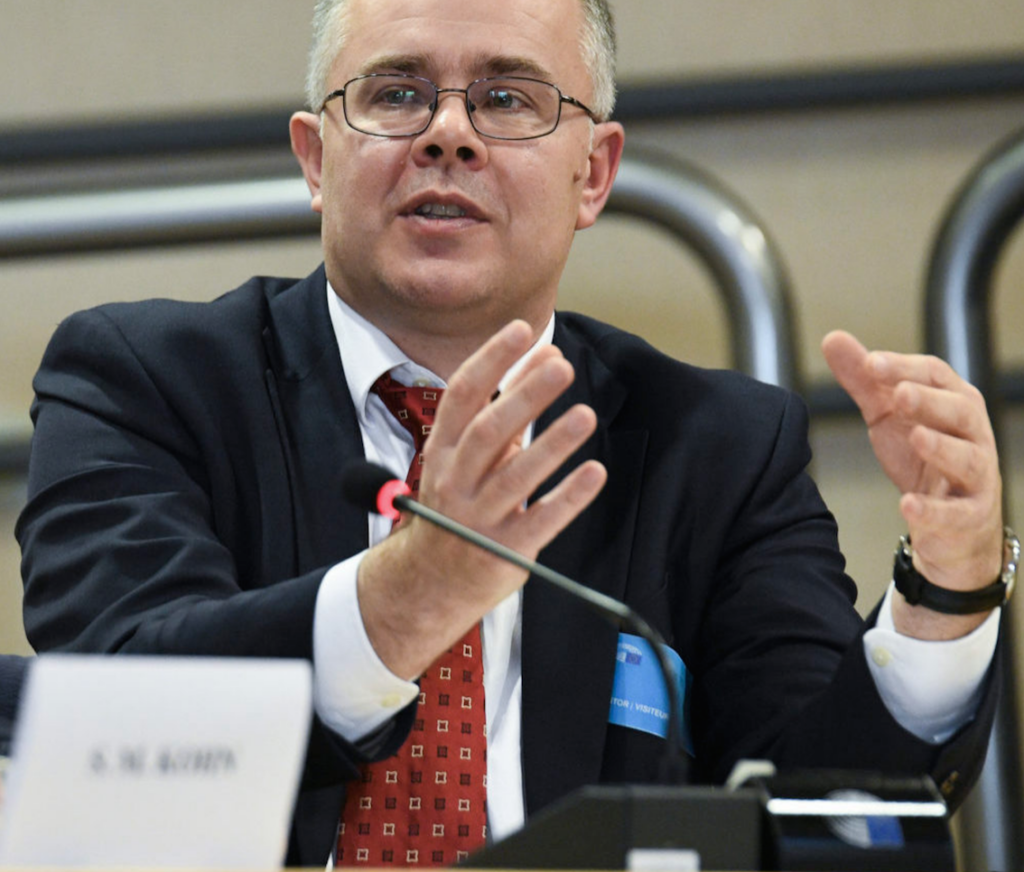
DON’T ASK QUESTIONS
Even Danske Bank doesn’t know how much of the money they handled came from the profits of crime, although they admitted that many of the transactions were suspicious. The bank closed around 15,000 accounts in 2015 and of them, 6,200 were drawn to the attention of the authorities. As to where it came from, the best guess is that 23% of the funds originated in Russia. The fees banks can earn from facilitating money laundering are impressive, so it’s no surprise that Danske’s share price has fallen by half since the start of last year, when the scandal broke. The founder of Hermitage Capital, Bill Browder, believes that some $1-trillion (€0.9-trillion) have been moved out of Russia during the last two decades, suggesting that most if it was of “dubious origin”. Several other banks have since been caught up in the scandal, such as Sweden’s Swedbank AB and Raiffeisen Bank International AG in Austria. Much of the alleged corruption occurred through Baltic branches of the banks. Nordea Bank Abp is claimed to have handled around €700-million in criminal proceeds, some of it linked to the arrest and subsequent death of Sergei Magnitsky, although the bank claims this is not new and that any dubious transactions in future will be notified to the authorities. It begs the question: why were suspicious transactions not treated that way in the past?
The Troika Laundromat is just the latest manifestation of the phenomenon. There have been others before and will be again as long as enough bankers see massive profits as more important than financial probity and are prepared to turn a blind eye to the acts that generated the profits in the first place. It gained its nickname from deals allegedly involving the Russian investment bank, Troika Dialog, bought out by a state-owned Russian bank in 2012, although its former boss denies any wrongdoing, insisting it met international standards throughout its independent existence. The Baltic branches of the mainly (but not exclusively) Nordic banks said to be involved are a popular route because a lot of people of Russian ethnicity live in Latvia, Estonia and Lithuania. Russia has allegedly succeeded in recruiting some of them into acting as its agents, either by assisting in money laundering operations or by spying on their host country.
Earlier this year, members of the European Parliament overwhelmingly backed a resolution calling for new EU sanctions against those responsible for gross violations of human rights, symbolically to be named after Sergei Magnitsky and largely inspired by the United States Magnitsky Act, signed into law by then President Barack Obama in 2012. That act was aimed primarily at Russian officials suspected of being responsible for Magnitsky’s death. The Baltic states already have similar legislation in force, as do several other EU countries. This is all very welcome and laudable, say some critics, but it doesn’t really address the core issue: dealing with money laundering is still the responsibility of individual countries whose enforcement agencies find it very hard to liaise with neighbours or stand up against the teams of high-priced lawyers and accountants employed by the criminal gangs.
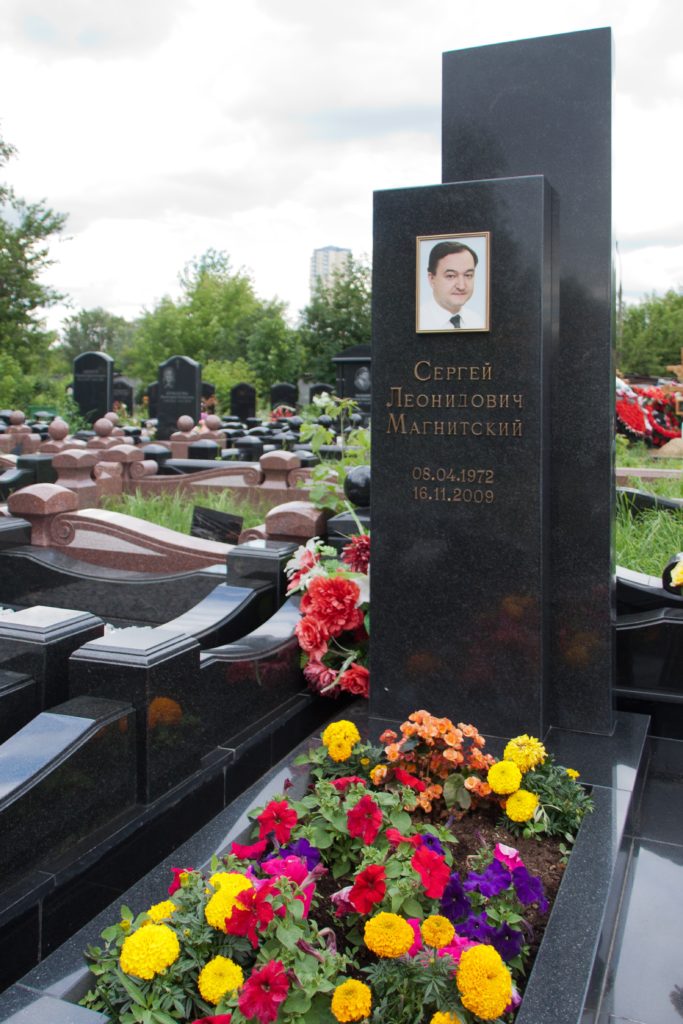
CHANGING THE RULES
According to the Brussels-based economic think tank, Breugel, reform is urgently needed and there should be a new EU agency whose sole job it is to look out for and interrupt money laundering anywhere in the Union. The European Central Bank lacks the ability to police this area of criminal activity as part of its overall supervision of banks. According to a report by Breugel’s Joshua Kirschenbaum and Nicolas Véron, “National AML supervisors have no efficient way to communicate and coordinate, neither with one another nor with the European Central Bank, which has overall responsibility for bank oversight in the euro area.” The report says that leaves supervisors in small countries on their own, “with relatively limited capacity and resources, in the face of a sophisticated transnational threat.” And it gets worse, they argue, saying “it encourages the growth in ‘weak link’ countries of financial sectors catering to suspect clients of Russian and other origin. The outcome is undue political influence and sometimes even capture.”
Kirschenbaum and Véron point out that in the case of Danske Bank’s Estonian branch, “non-resident shell-company clients moved massive sums through a concentrated number of accounts, generating huge fees. Management knew that the clients represented unknown sources of money from Russia and the Commonwealth of Independent States, but they failed to act for years.” The report points out that the ECB is tasked with ensuring the proper governance, capital adequacy and lending practices. But supervision of money laundering is seen as an issue of business conduct and therefore the responsibility of national authorities.
Financial services are “passported” across the EU’s Single Market but fines for AML violations have been generally quite small. Breugel’s report is forthright: “As was the case with prudential supervision before 2012, today’s AML architecture leads to perverse supervisory incentives. It leaves too many avenues for untoward political and regulatory influence on the part of those who benefit from a reliance on money of dubious provenance, creating a vicious circle of supervisory failure in the more vulnerable countries.
Even if some member states have effective AML supervisory regimes, the failure is systemic from a European perspective because there is always a weak link.”
The report calls for a single authority at European Union level to take on the responsibility. The EU has recently agreed to enhance the anti-money laundering powers of the European Banking Authority but the Breugel report is not impressed. “Under the soon-to-be-enacted legislation,” say the authors, “it will be unable to do much until after a failure of national authorities has been established, and even then there would be no meaningful penalties.” Breugel’s report calls for a dedicated AML agency to supervise banks and non-banks alike. It should not be part of the European Central Bank because that would limit its activities to the banking sector and only within the eurozone, leaving loop holes through non-bank financial institutions and in non-eurozone parts of the EU.
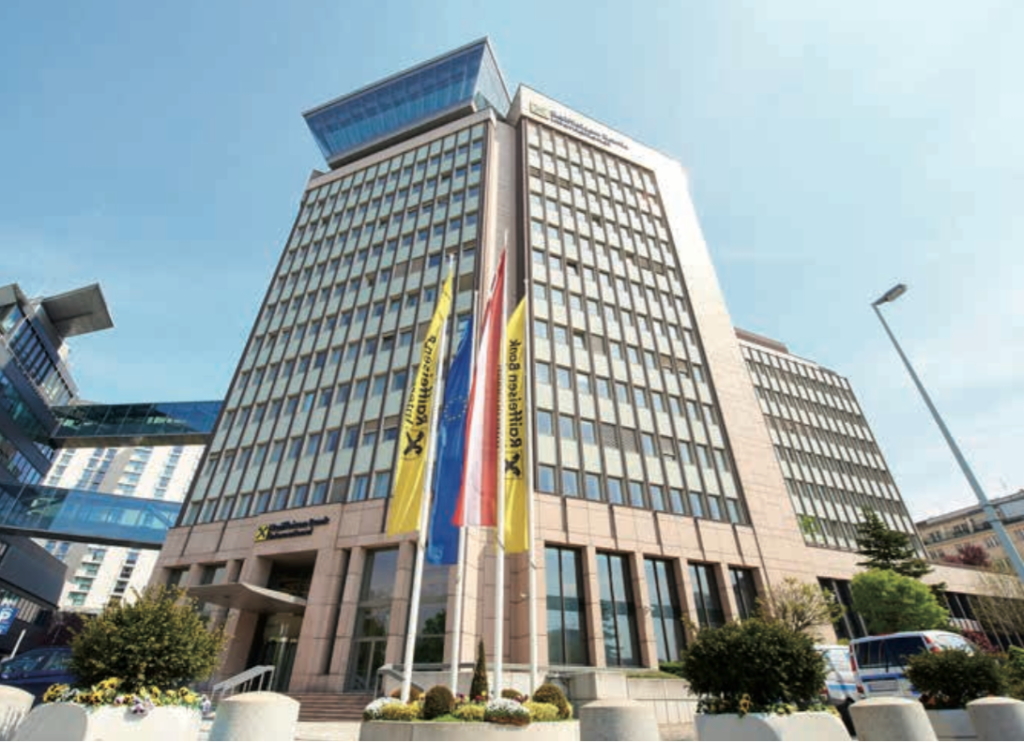
The new body should not follow the US example, they say, where fragmentation of AML supervision has impaired efficiency. “To be sure, the creation of a new agency would increase the complexity of the EU supervisory landscape and should not be taken lightly,” says the report, “but the critical importance of AML supervision to the integrity of Europe’s financial system justifies the effort. It would also demonstrate to the general public that the European Union is able to address its most serious challenges credibly and not just tinker at the edges. AML reform is a top priority from a European financial sector and security perspective.”
UNWELCOME DEVELOPMENTS?
To put it bluntly, it is not the sort of development that criminals around the world would like to see, although they have proved over many years to be able, in most cases, to find their way through the most torturous legal minefields to clean up their dirty profits. It’s why President Putin and other Russian officials have been highly critical of America’s Magnitsky Act. However, more and more countries are adopting similar legislation. Bill Browder, the CEO of Hermitage Capital Management is convinced Putin still wants him dead. He holds Putin and his inner circle responsible for a number of other deaths connected with political opposition to Putin and to investigations into financial crimes. Sergei Magnitsky was Browder’s Russian lawyer and Browder has energetically pushed for Magnitsky acts to be passed in more and more western countries. According to him, Putin is afraid the Magnitsky acts will impede his access to the money he has stashed away in the West, probably offshore. It sounds like paranoia, but at his press conference with President Trump in Helsinki, Putin mentioned Browder by name, without being prompted by a question, offering access to the Russian agents named in the Mueller report in return for his own agents having access to Browder and his team. Trump described it as “an incredible offer”, but given the numbers of deaths linked to Magnitsky’s discoveries, it’s not one Browder wants to see taken up.
However, Browder is a naturalised British citizen, which would mean Putin having to negotiate with the Prime Minister of the country where he is believed to have deployed his operatives to kill former double agent Sergei Skripal and his daughter Yulia, using a military nerve agent, Novichok, in the cathedral city of Salisbury. The attempt failed – narrowly – although it had a devastating effect on the city itself, killed an innocent woman, Dawn Sturgess, and almost killed a police officer. It’s not a happy basis for negotiation, although it’s unclear what sort of relationship Putin may develop with Britain’s new Prime Minister. Boris Johnson, after all, is a strange choice, described by his former boss at the Daily Telegraph, Max Hastings, as “utterly unfit to be prime minister” and a “tasteless joke” being foisted on the British people by a tiny number of relatively wealthy, mainly elderly, white, overwhelmingly male members of the Conservative Party. Hastings wrote: “Dignity still matters in public office and Johnson will never have it.” Not that such failings are likely to bother Putin.
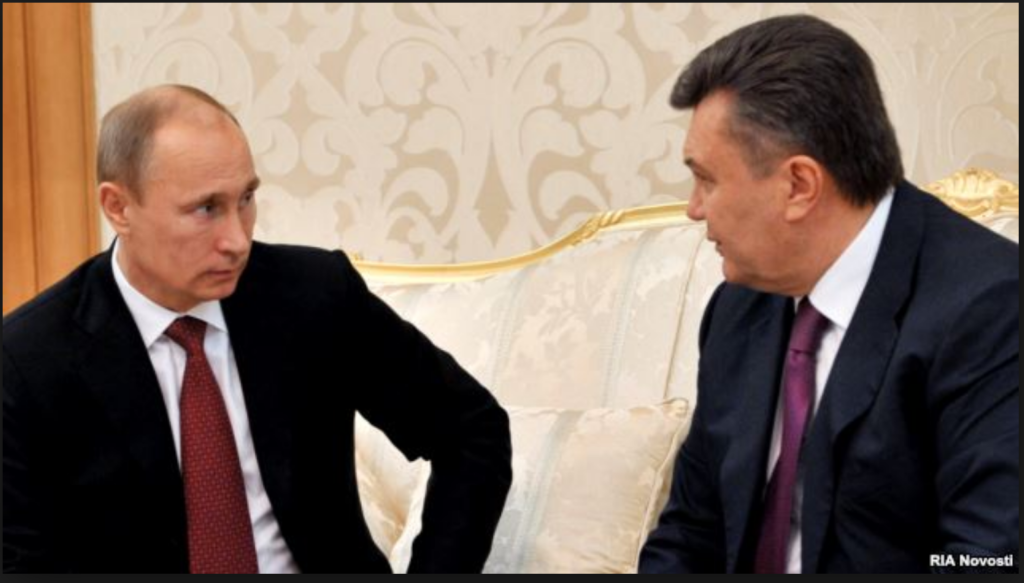
Britain is intrinsically linked with global money laundering. Billions of euros in transactions pass through the City of London every day. Identifying the crooked ones is never easy, while overseas criminals, using foreign-registered companies, can buy high-end property in London, as well as luxury cars and other goods. The situation is made more complicated by the existence of British-linked havens of banking secrecy such as the British Virgin Islands (BVI) and Jersey, where no record is released on any registered company’s beneficial ownership. The BVI is currently the registered address of some 400,000 companies, despite being home to just 24,000 residents, presumably none of whom are as wealthy as the owners of those companies. Respectable British banks and financial bodies can hide assets where no-one is allowed to look, and make a fortune in legally-earned commission for doing so.
It’s a wealthy criminals’ perfect playground, despite the efforts of the City of London Police, a body that operates only within the so-called Square Mile but which also polices financial crime in the UK. It is separate from the Metropolitan Police and has a separate jurisdiction. It’s a massive task. The scale of the problem was only exposed by the International Consortium of Investigative Journalists (ICIJ) which published the Panama Papers, thanks to a whistle-blower. Since then, a number of senior officials from several governments, including the prime ministers of Iceland and Pakistan, as well as business executives, have been forced to resign or have been sacked. Altogether, some 11.5-million documents were copied from the computers of Panamanian law firm Mossack Fonseca, a total of 2.6 terabytes of data. After a blustering defence that the firm was the victim of theft, Mossack Fonseca was forced to admit it didn’t know who many of its clients were, as international law requires, nor how to contact them. The firm eventually closed, ending a handy money laundering facility for narco-traffickers, despots and oligarchs engaged in illicit activities. It had provided its services to dictators, drug cartels, Mafia clans, fraudsters, weapons dealers, and unpopular regimes like those of North Korea or Iran.
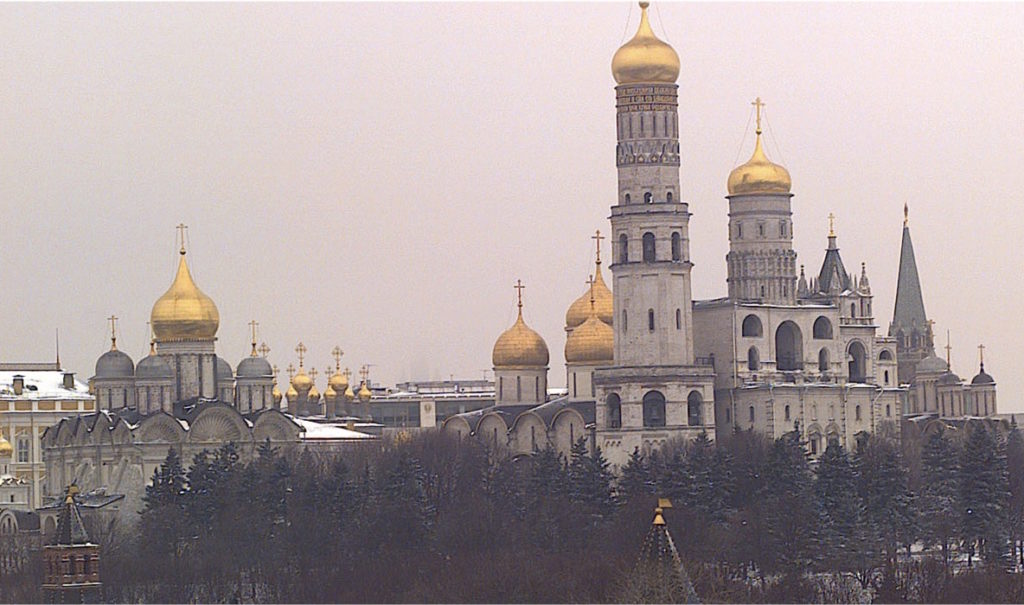
ON THE PROPERTY LADDER
London properties are an especially attractive purchase for criminals hoping to disguise their wealth, especially (but not only) Russians. In May on this year, Britain’s National Crime Agency announced investigations into three properties worth a total of some £80-million (€87.8-million) linked to a suspected criminal with political connections, using the new Unexplained Wealth Orders (UWOs), which facilitates the investigation of unaccountable sums of money accruing to an individual or company. The NCA obtained freezing orders, which means the properties, owned on paper by offshore companies, cannot be sold or otherwise disposed of until the investigations are complete. The beneficial owners must explain to the NVA where the purchase money originated and how it was earned. It’s a new tool in the fight against money laundering but the criminals can afford the very best – or at least the most effective and conscience-free – lawyers and accountants to aid and abet their activities.
The City of London Police’s Financial Investigation Unit has certainly chalked up some successes in apprehending money laundering activity. In June, 2018, they arrested eight Chinese citizens who are thought to have laundered millions through London’s banks and financial institutions. They were jailed earlier this year. Countering such money laundering operations is important, not just to interrupt criminal networks, but to protect the interests of the rest of us. For a start, the transit of large quantities of dirty money through the economy can undermine the credibility of a sound financial system, which must have trust if it to underpin the business economy. It can provide unfair competition to legitimate businesses, forcing them to close. It can also drag in such people as real estate agents, lawyers and accountants, either as complicit partners in the enterprise or even as unwitting dupes, using their knowledge and skills to help draft documentation, distribute funds or to create structures that move and store huge volumes of criminal funds. Britain’s National Crime Agency estimates that money laundering costs the UK some £24-billion (€26-billion) a year.
The British government might have taken more action against suspect Russian wealth in London if it hadn’t been obsessed with Brexit negotiations. Everything else has been put on the back burner, yet there have been calls for further investigation into where the Russian money originated. Behind Kensington Palace, and with armed police at either end, is the street known as Billionaire’s Row, the most expensive street in London and perhaps the world. At number 16, the Russian owner of Chelsea Football Club, Roman Abramovich, lives in a 15-bedroom Victorian mansion he bought in 2009 for a reported £97-million (€105-million). His neighbours are similarly wealthy and private security guards ensure nobody takes photographs there. Not far away in Belgravia, the extremely expensive and exclusive Eaton Square has become so popular with Russians that it’s known locally as Red Square, although it seems unlikely that its residents subscribe to the policies of Karl Marx.

YOUR MONEY IS WELCOME HERE
The Russian influx mainly stems from the so-called Tier One investment scheme introduced by Gordon Brown. Anyone with a spare £2-million to invest could do so in the UK, gaining temporary residency rights that could become permanent after ten years. If you had £10-million to invest, the wait was only two years. That explains why a quarter of the 3,000 high-net-worth individuals who took advantage of the scheme are Russian. When she was Prime Minister, Theresa May talked about looking into the financial affairs of the rich Russians living in the UK but it’s unlikely that her successor, Boris Johnson, will follow through on that. The City of London took a lot of trouble to lure its wealthy incomers, competing with New York with a “no questions asked” attitude to where the wealth came from. Its bankers and finance houses make a lot of commission from the investment activities of the super-rich and often seem blithely disinterested in the legitimacy of the whole thing.
Johnson has been mildly critical of Putin in the past but many observers believe he may have to cast a more friendly eye on inward investment from Russia if Britain ends up with a no-deal Brexit and suffers the 8% cut in GDP predicted by the Bank of England. Johnson is not without Russian connections. He already has a close friendship with Evgeny Lebedev, the son of a former KGB agent and oligarch. Johnson often spent weekends at the Russian’s Umbrian palazzo, sometimes travelling on Lebedev’s private jet. However, Johnson did disclose the trips under Britain’s transparency laws, so it’s all above-board. And to be honest, Lebedev is not Putin’s favourite Russian. He is a shareholder in the newspaper Novaya Gazeta, which has often criticised Putin’s regime. He also held significant number of shares in the London freesheet, the Evening Standard, although he sold a great many of them in 2017 to an entity in the Cayman Islands, another offshore haven for companies that desire privacy.
Lebedev apparently backed Johnson’s bid to be Prime Minister; under the mercurial reign of Putin it‘s sensible for Russia’s wealthy to have friends elsewhere. He fears that Putin is still keen to control him. Recently, Lebedev’s much-loved Borzoi dog was found dead on his Italian property. He has told his associates that he thinks the animal was poisoned as a warning from Putin. If so, in view of the way in which he has spread the information, it was a warning not merely intended for him. Johnson may have to be careful whom he befriends.
CLOSING THE STABLE DOOR
It may appeal to Lebedev and other wealthy Russians living in the UK that Johnson plans to take Britain out of the EU at the end of October, coincidentally at Hallow’een. The European Commission is proposing a major step-up in the fight against money laundering and the terrorism it helps to finance. On 24 July, the Commission adopted an official Communication and four reports to help European and national authorities to tackle the problem more effectively. “We must close off all opportunities for criminals and terrorists to abuse our financial system and threaten the security of Europeans,” said First Vice-President Frans Timmermans. He was supported by Valdis Dombrovskis, Vice-President for the Euro and Social Dialogue. “Our strong AML rules have not been equally applied in all banks and all EU countries,” he pointed out, “So we have a structural problem in the Union’s capacity to prevent that the financial system is used for illegitimate purposes. This problem has to be addressed and solved sooner rather than later.” The four reports deal with the supranational risk assessment, the assessment of recent high-profile money laundering cases in the financial sector, the Financial Intelligence Units and the interconnection of central bank account registries’ reports, which analyse the shortcomings in current anti-money laundering supervision and cooperation and identify ways to address them.
Will it be enough? Almost certainly not. In 1991, the then District Attorney for Manhattan, Robert Morgenthau, who died in July at the age of 99, took down the notorious Bank of Credit and Commerce International, an octopus of a money laundering operation with a presence in 76 countries, its offices positioned in jurisdictions with weak regulatory control and strict banking secrecy. It had been a favourite way for drug traffickers, mafia families, terrorists and despots to launder their ill-gotten gains. Morgenthau recovered some $15-billion from the bank when he forced its closure. It was a triumph, but nobody can claim that money laundering no longer happens in the United States. Nor will they be able to say it has stopped in the European Union or the UK after the new Commission proposal comes into force. The criminals will find a way to circumvent the laws and they will find enough venal lawyers and accountants to help them to do it. The legal and financial authorities are always playing catch-up. Putin’s circle have already shown with the clumsy attack on Sergei and Yulia Skripal and the deaths of other rich Russians around Europe that they have no concept of obeying international norms of behaviour. It was a warning to those who owe their wealth to their irregular dealings with the Russian government since the fall of Communism that getting out of Russia is no guarantee of safety. Robert Morgenthau used to say he did what he did because he was the long arm of the law. It’s a frightening thought that Vladimir Putin’s arm may prove even longer.


